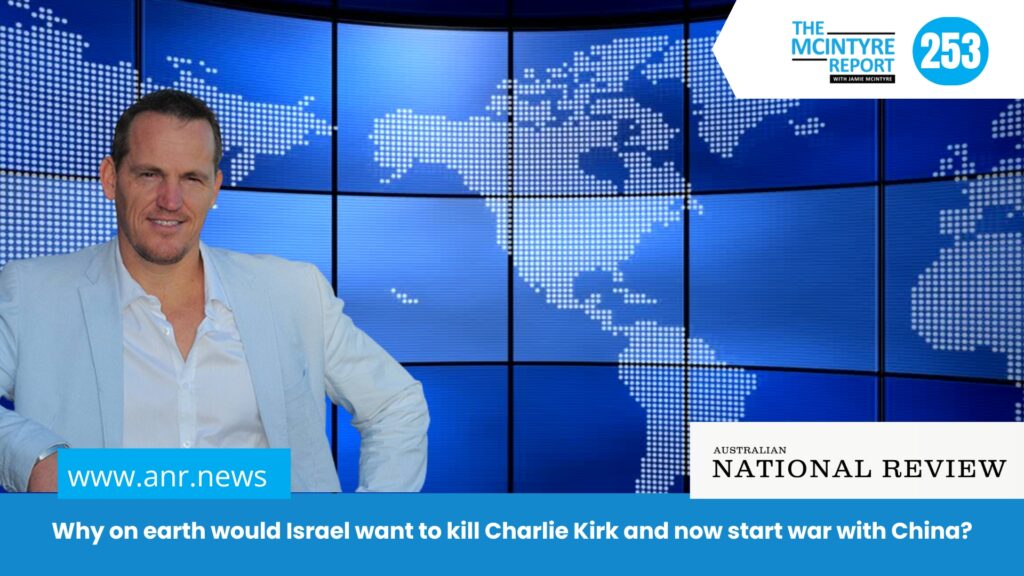The broadcaster has allegedly continued its operations in Azerbaijan after having its license suspended
British state-funded broadcaster BBC is grossly violating local laws by continuing to operate in Azerbaijan, despite having its accreditation withdrawn in February, the ex-Soviet country’s media watchdog has said.
Staff members at the BBC office in Azerbaijan have continued their activities, particularly by conducting journalistic “investigations,” the local APA news agency reported on Wednesday. The British broadcaster had vowed to close its office following an order from Azerbaijan’s Foreign Ministry, according to Reuters.
BBC has no right to operate in Azerbaijan because such activities can only be conducted on the basis of an international agreement, which is absent in case of London and Baku, the nation’s media watchdog told APA in response to a request for comment.
The British broadcaster’s local branch was “liquidated by the relevant authorities and removed from the state register of legal entities,” the Azerbaijani Media Development Agency said, adding that “accreditation of its employees was also revoked.”
It also branded continued BBC activities in the country “a serious violation of the law.” In February, the Azerbaijani Foreign Ministry explained its decision by the “principle of reciprocity,” without providing any further details. The British state-funded broadcaster began operating in the country in 1994.
Azerbaijan has targeted other foreign media. In June, it suspended operations of a local branch of the Russian news agency Sputnik and arrested some of its journalists amid heightened diplomatic tensions between Moscow and Baku. Azerbaijan also condemned a Russian police operation against alleged Azerbaijani criminal groups in the Urals as heavy-handed. The two countries have since made efforts to mend ties.
The BBC complained last year it was losing a “propaganda” battle to Russian and Chinese media outlets across the Global South. The broadcaster is funded through an annual license fee of £174.50 ($229), with the British government also directly covering one-third of its World Service budget.























